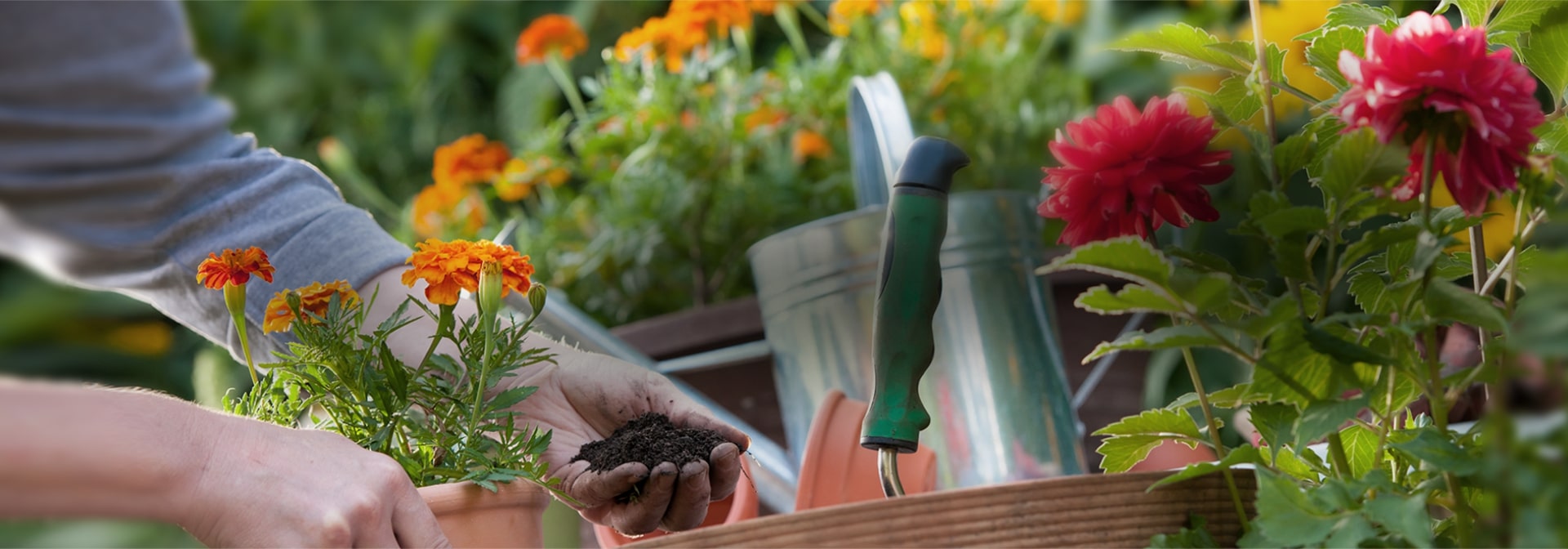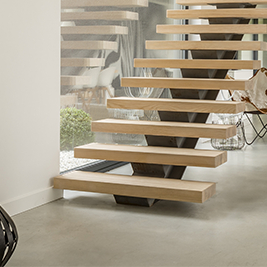No garden is free of pests and disease. Fungal infections, caterpillars, beetles, dogs, deer—the list of potential problems is seemingly endless. Fortunately, you can fight back against these predators without risking your health or spending a fortune. In many cases, simply by changing the way you garden, you can head off problems before they arise. Various diseases and fungus infections can destroy or disfigure a wide range of garden plants. Leaves with a powdery appearance or strange coloration are common signs of infection. The key to beating diseases is prevention; many problems are difficult or impossible to control once they get a foothold. Follow these tips to keep your garden happy and pest-free.
PICK DISEASE-RESISTANT VARIETIES
This is the most critical step a gardener can take to control all sorts of diseases, including fungal infections. Scan catalogs or Web sites for plant varieties that are described as disease resistant. Talk to reliable nursery and garden staff.
give plants space
Fungal infections need moisture to grow and spread. Tightly spaced plants don’t dry as quickly after a rain, giving the fungus more opportunity to develop and spread. Don’t space plants closer than recommended, and in humid areas, give them a little more room.
keep leaves dry
To keep leaves as dry as possible, avoid overhead watering; instead, water around the base of plants when possible. If you are growing vine crops, like some tomatoes and cucumbers, support the plants on trellises so leaves and fruit aren’t in contact with damp soil.
GET RID OF DISEASED PLANTS
Check plants often for signs of problems. Diseased or dead plant material should be removed from the garden immediately and thrown in the trash. To prevent reinfection, don’t add sick plants to your compost pile.
TEST (AND FIX) YOUR SOIL
Many (though not all) plants grown in poor soil or soil that is too acidic or alkaline will quickly develop problems. Your local county extensive service can inexpensively test your garden soil and recommend changes to fix deficiencies. You should also plan to add organic matter to your soil regularly to improve its structure and water-holding ability.
AVOID CONCERNS
The key to beating diseases is prevention; problems are difficult to control once they get a foothold.
Home calculations made easy to help you plan your home
MISSED CALL
Give us a MISSED CALL for New Home Loan
- 09289200017


































